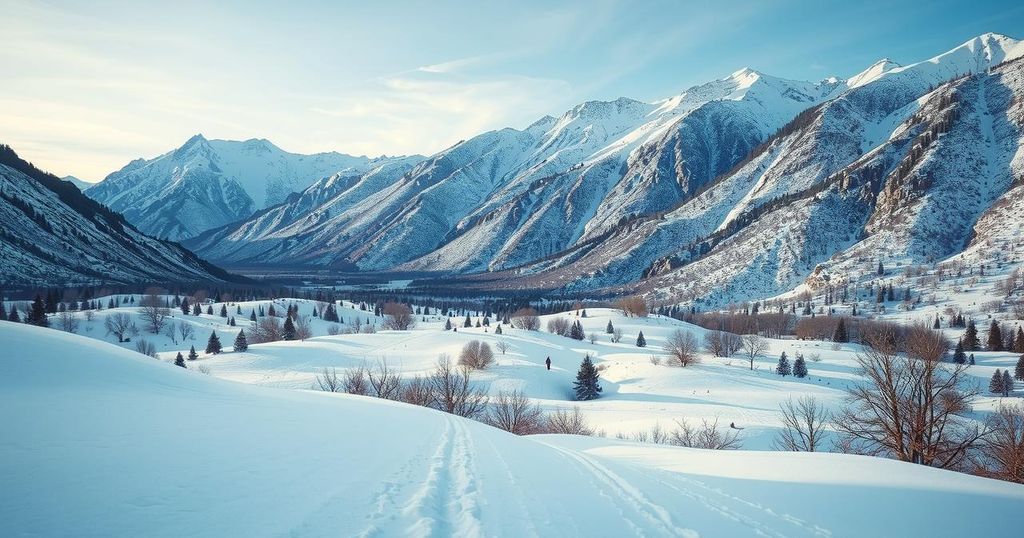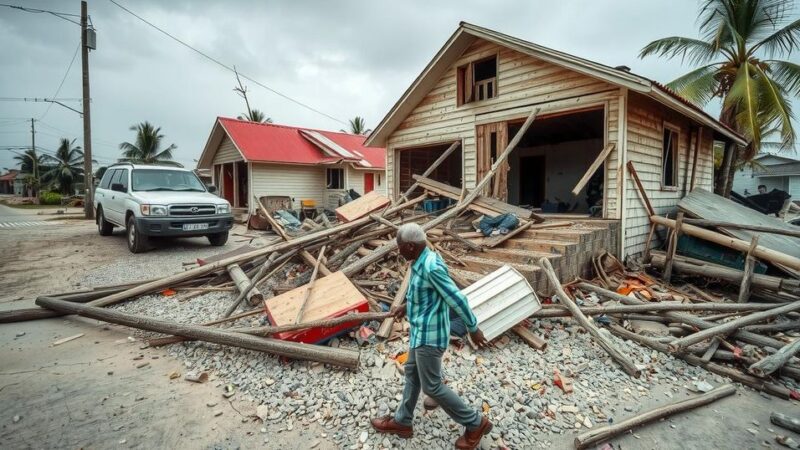Climate Central’s report reveals that winter is projected to be shorter in the Mountain West, by two to ten days, due to climate change. States like Arizona, New Mexico, and Nevada face the most significant losses, while higher altitude regions, like Wyoming, experience less impact. These climate changes threaten ski resorts, agriculture, and water supplies as warmer winters disrupt ecological balance.
The Mountain West region is expected to experience a reduction in winter days this year, with a potential loss ranging between two and ten days, as indicated by a recent report from Climate Central. The reduction in below-freezing days, attributed to climate change, varies by area, with warmer states such as Arizona, New Mexico, and Nevada suffering an average loss of approximately ten such days annually. Kristina Dahl, Vice President of Science at Climate Central, highlights that the impact of warming is more pronounced in these states, as even slight increases in temperature can significantly alter precipitation patterns, leading to more rain rather than snow.
In contrast, higher altitudes in states like Utah, Colorado, Montana, and Wyoming are preserving more winter days, with Wyoming observing a minimal reduction of two below-freezing days. Understanding these regional trends is crucial, as both Idaho and Colorado have similarly recorded a loss of four winter days on average. If this trend persists, ski resorts may face shortened operational seasons, prompting concerns regarding ecological balance.
Dahl warns that the warmer winter conditions could lead to premature flowering, affecting the availability of pollinators essential for crops. Furthermore, diminished snowfall poses risks to water supply, an issue that merits urgent attention given its potential impact on the region’s agriculture and biodiversity. This report serves as a clarion call for local stakeholders to adapt to these changes and consider their implications on winter recreational activities and natural ecosystems.
The report from Climate Central presents alarming trends regarding the impact of climate change on winter conditions in the Mountain West. Regions within this area are seeing a significant reduction in the number of below-freezing days, which has critical implications for agriculture, water supply, and winter tourism. Understanding these changes is vital for local governments, ski resorts, and ecological communities to adequately prepare for and adapt to the evolving climate conditions.
In conclusion, the anticipated reduction of winter days in the Mountain West highlights the urgent implications of climate change on regional ecosystems and economies. With some areas losing up to ten below-freezing days due to warming trends, stakeholders must recognize the risks to agriculture, water supplies, and winter recreational activities. As these changes pose a challenge for both natural environments and human activities, proactive measures must be taken to mitigate potential adverse effects and foster resilience against ongoing climate shifts.
Original Source: www.upr.org







